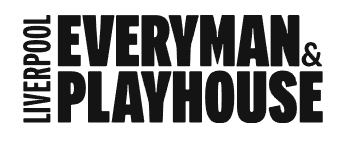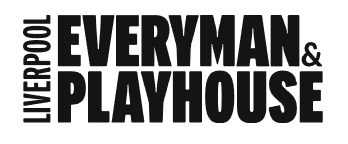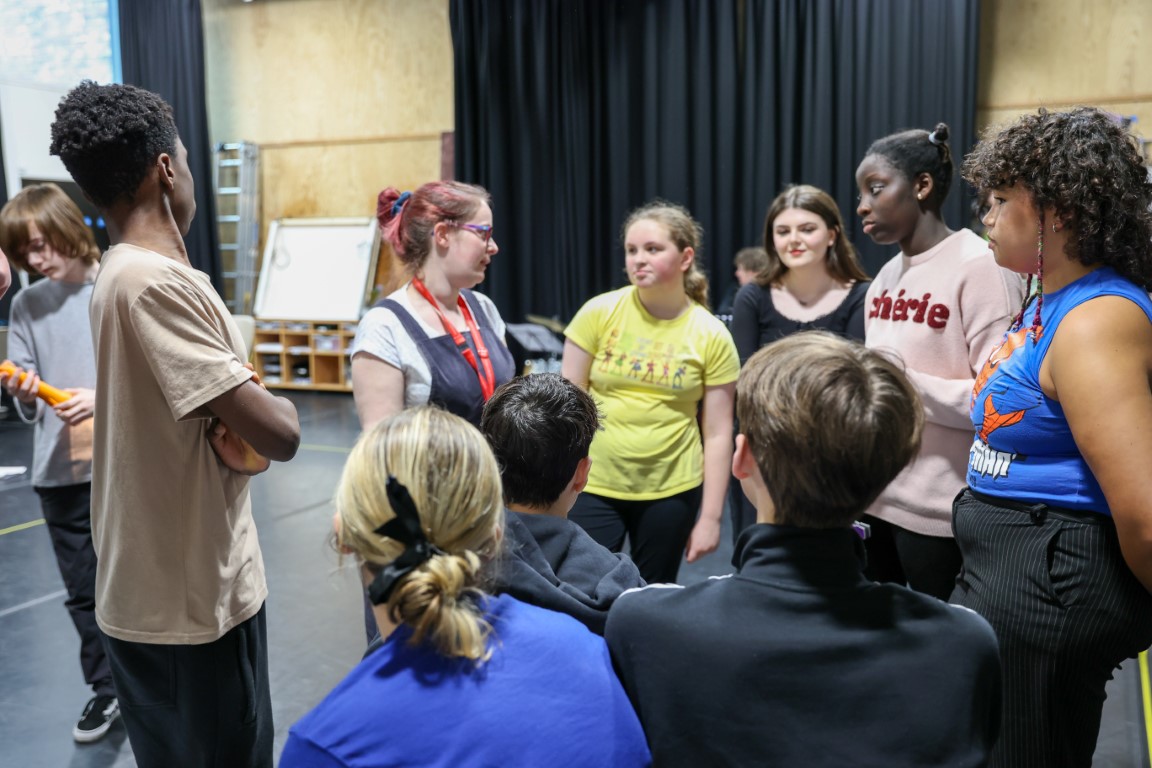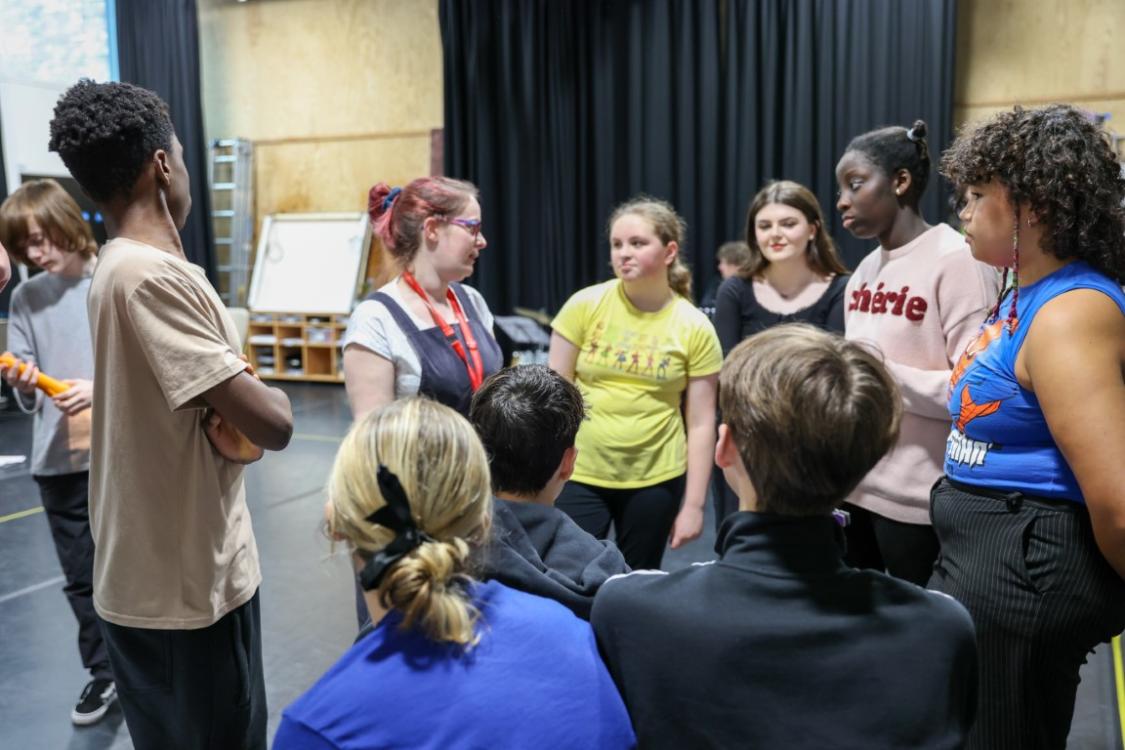How Liverpool Everyman and Playhouse Theatres Embraced Upshot


Insights for the Arts Sector:
Reflections on Digital Transformation and Impact Measurement
Theatres, museums and other cultural organisations have been making great use of Upshot to capture their community, learning and engagement programmes. One of our newest Upshot champions, who have taken to the system like ducks to water, are the Young People and Community (YP&C) team at Liverpool Everyman and Playhouse Theatres. With a belief that theatre can entertain, inspire and fuel positive social change, the YP&C team engages more than 7000 people annually. Made up of full time and part time staff, freelance artists and volunteers (many of whom started out as programme participants) the team run programmes such as the award-winning Young Everyman Playhouse (YEP). YEP is a multi-disciplinary, free creative training programme for 14-25 year olds with the greatest social need to develop skills, build confidence and improve employability.
We had the chance to sit down for a conversation with Hayley Lindley-Thornhill, Head of Young People and Community, now that the organisation is more than 18 months into their Upshot journey.
Discovering Upshot: In Search of a Better Way
For Hayley, the hunt for a digital solution was born out of a desire for simplicity and efficiency. Having worked in theatre engagement for nearly two decades, Hayley was no stranger to the painstaking task of data collection and reporting. “I was constantly looking for something that could help us escape the endless world of spreadsheets, but also process the data efficiently,” she reflects. The team were seeking a system that could bring all their information together, streamline reporting, and eliminate the need to piece together project outcomes from scattered notes and registers. As Hayley describes, “There were so many times I’d be scribbling numbers for reports, and a year later, I’d have to retrace my steps to figure out how those numbers came together.” This approach was time-consuming, error-prone, and made it difficult to provide clear evidence of impact to directors, funders, and Arts Council England.
Transformation After 18 Months: Key Benefits and Lessons Learned
Eighteen months into their Upshot journey, the Everyman and Playhouse team have seen tangible benefits. Upshot has helped centralise information, making it easier to track participant journeys and access project data. Team members at all levels are able to access records and take attendance on the go, using the mobile app functionality, and user restrictions ensure that freelance staff only see the information they need. Critically, it has freed up time for staff to focus on what matters most: engaging creatively with young people and the community.
💬 “The biggest thing is it allows us to spend more time being creative in a room and working with our communities, rather than being stuck at a computer.”


The transition hasn’t been without its learning curve, but the supportive nature of the Upshot team has made all the difference. Solutions are explained without jargon, and the system is flexible enough to adapt to the unique needs of arts organisations. “It feels like a collaboration, not just a commercial transaction,” Hayley adds.
💬 “The biggest difference with Upshot has been the support from the team. If we have a question, it feels simple to get an answer. There’s no confusing tech talk; you explain solutions in a way we can all understand. It’s clear that you get what it’s like working in charities and arts organisations - even if you’re not in our building day-to-day, you understand our challenges and help us do our jobs better.”
Data-Driven Reporting and Learning
Having all their data in one place means the YP&C team can now quickly produce accurate reports for directors and stakeholders. Case studies, feedback, and outcome tracking are all more straightforward, and surveys can be directly linked to individual participant profiles. This has not only supported internal learning but also made it much easier to meet the requirements of funders and Arts Council England. The team can now demonstrate impact with clarity and confidence, backed by robust evidence.
Advice for Other Organisations: Practical Tips for Going Digital
For arts organisations considering a digital tool, Hayley and her team share several key pieces of advice:
- Take it one step at a time: Don’t try to do everything at once. Introduce new systems gradually, allowing your team to understand each part before moving on.
- Bring your team with you: Explain the ‘why’ behind the change and make sure everyone is involved in the journey. Enthusiasm for new systems can be contagious.
- Be open to support: Work closely with the system’s support team and don’t be afraid to ask questions, no matter how simple they seem.
- Balance with existing tools: Upshot works well when used thoughtfully alongside other systems. Don’t feel pressured to abandon what already works for you straight away; instead, look for ways Upshot can complement your existing processes.
The Liverpool Everyman and Playhouse Theatres’ experience shows that with the right digital tools and a collaborative approach, arts organisations can not only make reporting more manageable but also enhance their learning and deepen their impact. For those considering the leap, Hayley’s parting advice is clear: “Bit by bit, take people with you and focus on the journey. The results will follow.”